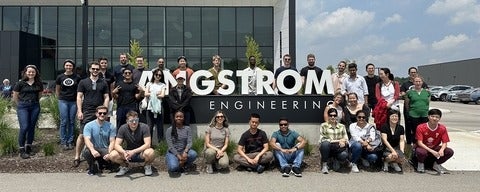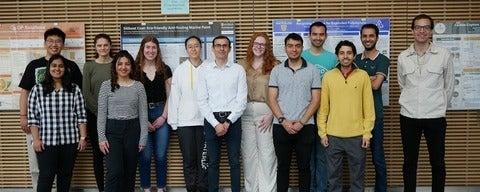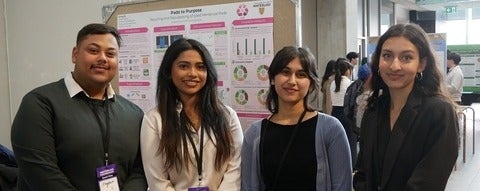Harnessing nature’s inspiration and the power of the sun to generate fresh water
Professors Michael Tam and Yuning Li have designed a solar-powered desalination device capable of utilizing over 93% of solar energy to produce fresh water from the sea via a thermal evaporation process.
This rate is five times higher than that of current technologies, making it a highly efficient solar-driven desalination system. With a production capacity of approximately 20 litres of fresh water per square meter per day, this device offers a sustainable solution to global freshwater scarcity.
Desalination of water is critical for many coastal nations to produce water for consumption and agricultural activities. Rapid population growth and increasing global water consumption by industry contribute to water scarcity.





